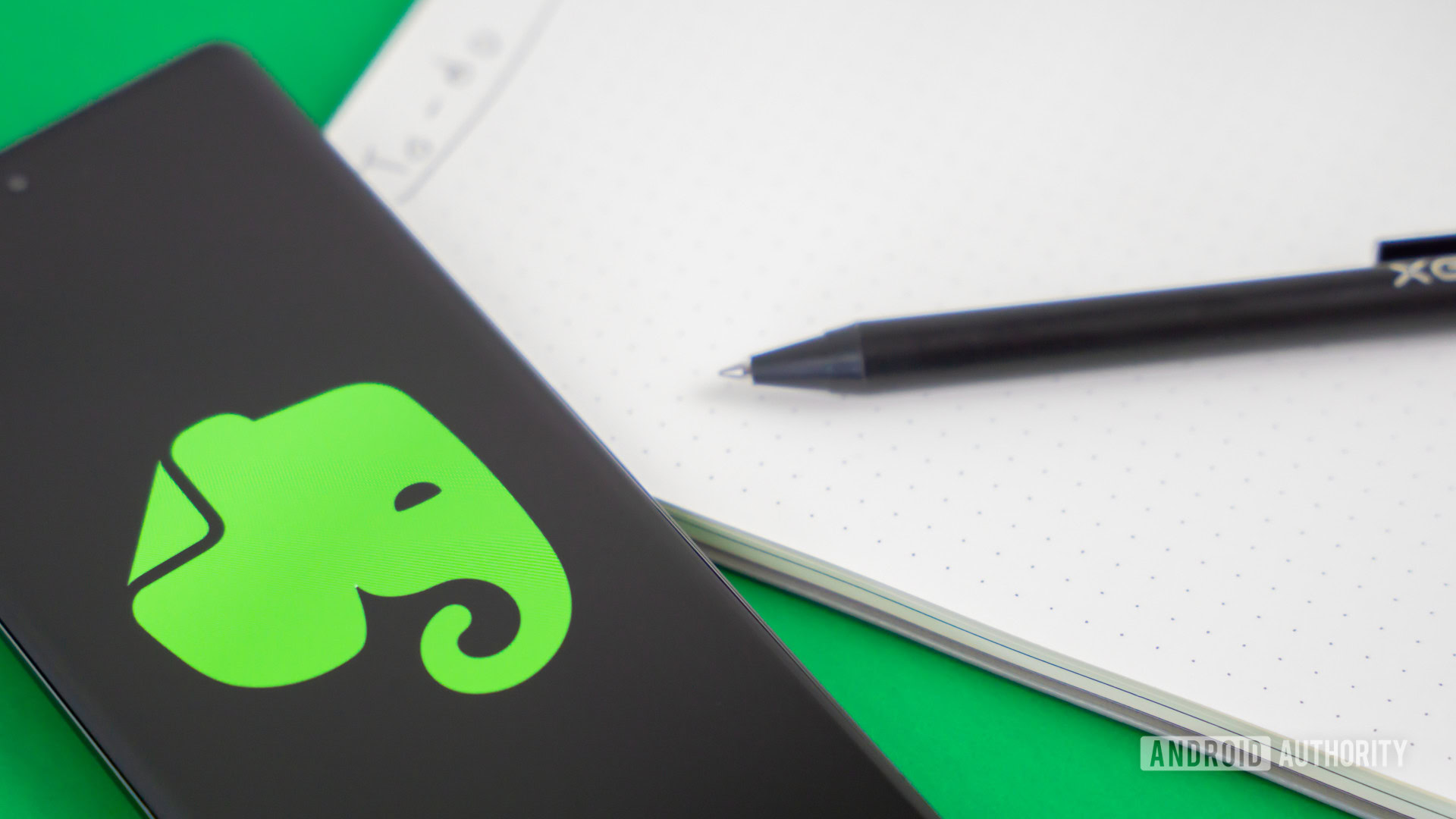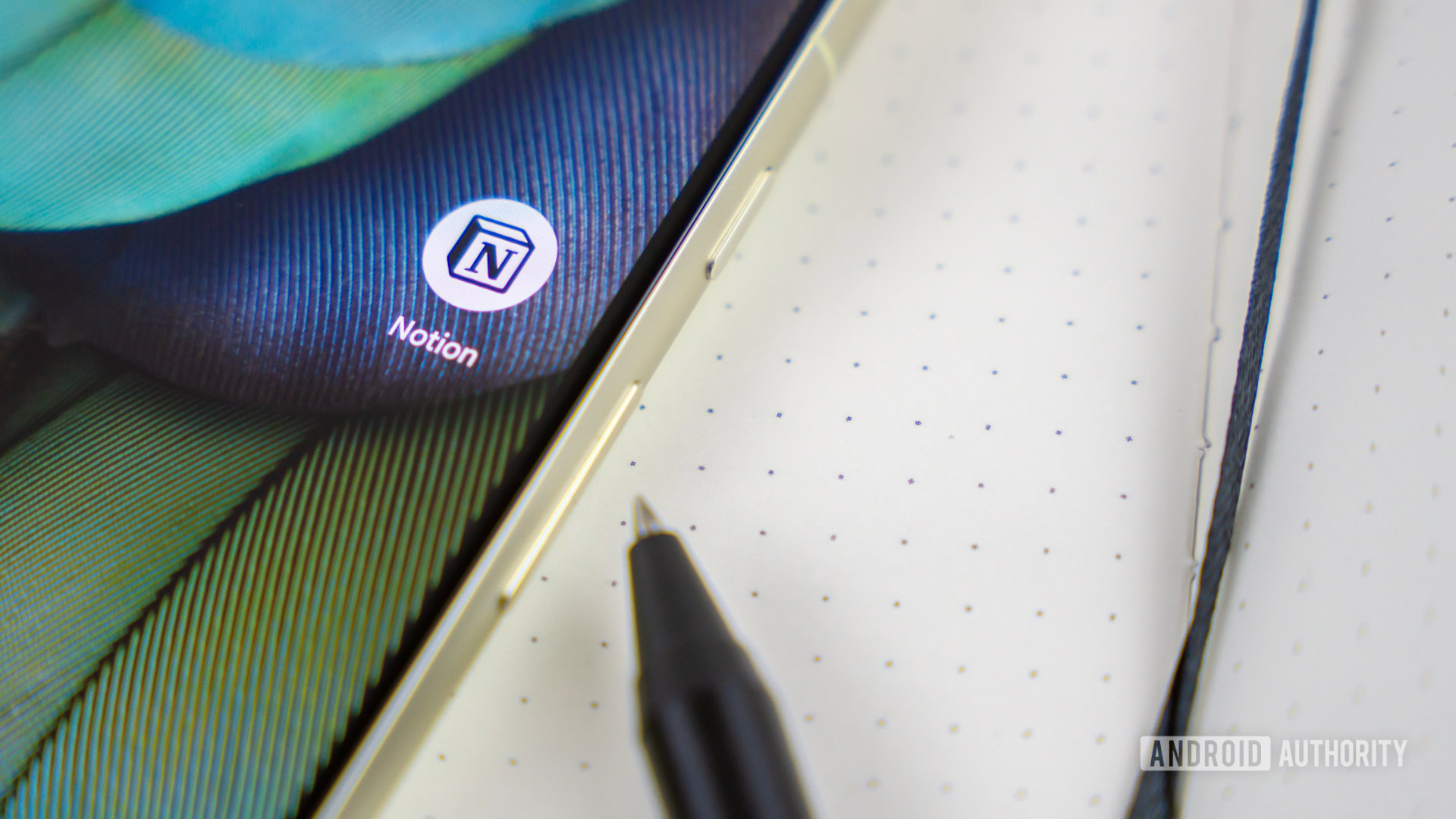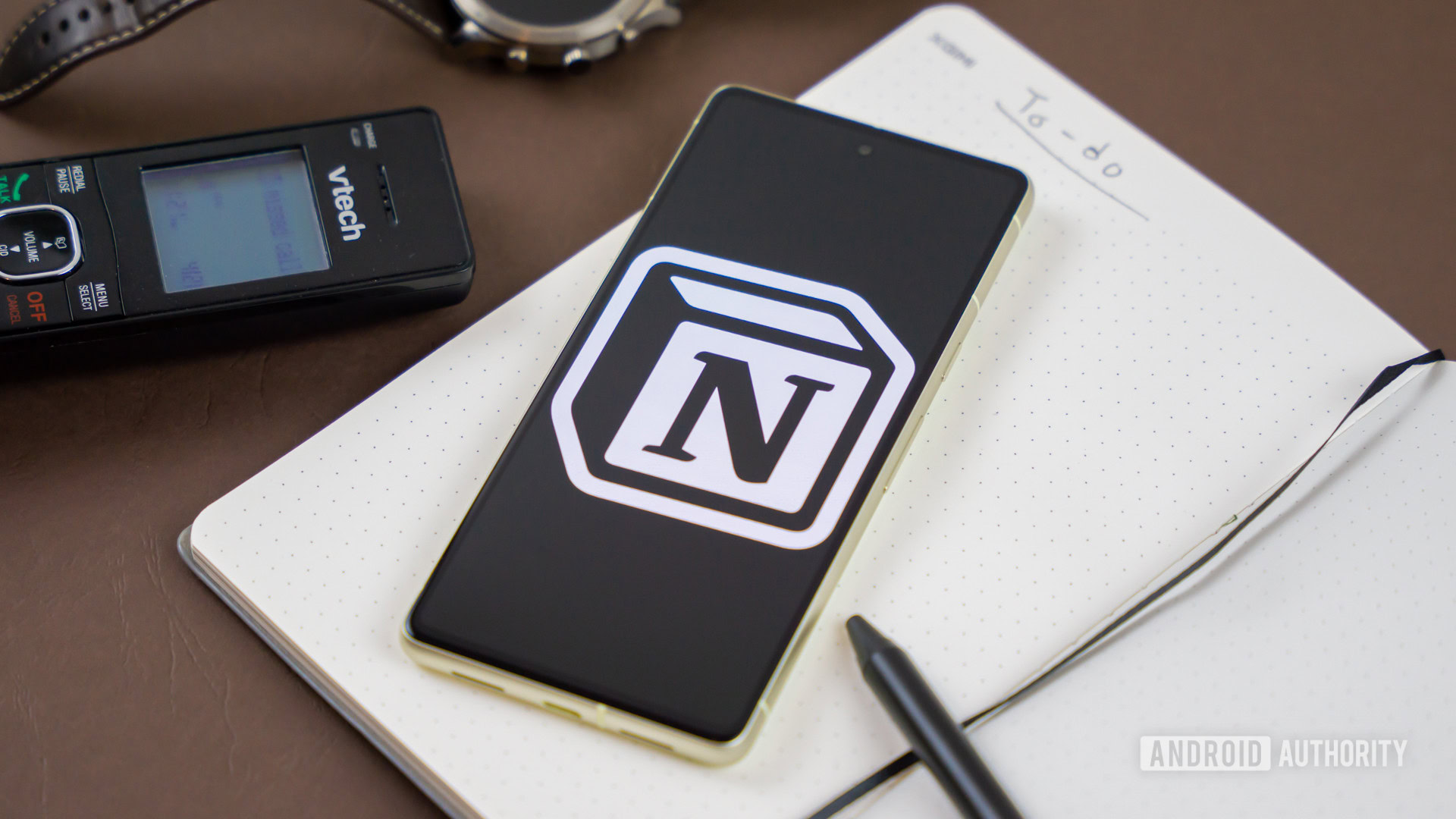Edgar Cervantes / Android Authority
I create a lot of notes, both for work and personal projects. In my quest for the perfect tool, I tried countless options, but three stood out from the crowd — Google Keep, Evernote, and Notion.
While the first two were good enough for me initially, my needs evolved over time, so I eventually ditched them for Notion. I want to explain why in more detail and talk about whether making the switch to Notion is for everyone.
Which app do you prefer?
976 votes
My journey from Google Keep to Notion
My note-taking journey began with Google Keep. It’s a great app overall, available both on mobile and the web. It’s also free. I used it for about a year or so, but as my needs changed, the tool quickly became too basic for me.
Formatting text wasn’t intuitive, and the app lacked the organizational tools I needed. There also wasn’t enough data available for the notes, like the date of creation or character count that I need to keep an eye on as a writer. And as someone who appreciates visually appealing software, Google Keep didn’t impress me at all. The UI is bland to say the least, which does work in tandem with the simplistic nature of the tool, but it’s missing that spark I look for in software that makes it a joy to use.
I decided I had enough, so I switched to Evernote. I loved it at first and used it for years. Compared to Keep, Evernote had a nicer UI and better organizational features. It was superior for my workflow, allowing me to format text easily, create custom notebooks, and add tags for improved organization. The app even allowed me to customize my home screen, so I was able to see my latest notes and the most recent images I captured on one page, alongside the Scratch Pad I used for quickly writing down my thoughts.

Edgar Cervantes / Android Authority
However, my Evernote love story eventually ended, for several reasons. I grew tired of the limitations on free accounts and wasn’t willing to pay for a subscription. I could only use Evernote on two devices, but I regularly used three — PC, phone, and tablet. So when logging in on one device, I had to unsync the app on another just to get access to my account. It was an issue — one I didn’t have with Google Keep.
I also disliked that the software constantly nudged me to upgrade to a premium plan with pop-up ads that I felt almost appeared daily. On top of that, my needs became more demanding over time, and Evernote couldn’t keep up. For example, I wanted to create tables with custom drop-down menus for the various projects I was working on, which is something that can’t be done with Evernote.
I eventually had enough and went on a hunt for an alternative, which is when I came across Notion. It seemed promising on paper, but to be perfectly honest, I wasn’t impressed with it initially. It wasn’t as simple to learn as Google Keep or Evernote. The learning curve is steep, so it takes time to figure out the tool. This initially pushed me away from Notion, but I eventually decided to learn the ins and outs since there were no better options out there.
I’m happy I did. Notion has become an invaluable tool for me, far exceeding Keep and Evernote in functionality. I’ve been using it for a few years without any issues. Whether I want to create a simple note or a large database containing the books I want to read along with book covers, notes, and drop-down menus, Notion has me covered. The possibilities feel almost endless.
This post you’re reading was first written in Notion.
This very post you’re reading was written in Notion before being published on Android Authority. All my recipes are in Notion, as is my entire fitness plan and diet. I also have a section for general notes, a folder for work-related tasks, and various other projects. Notion helps me keep track of everything I want and really enables me to stay on top of my professional and personal life. The only things I don’t use it for are to keep track of my finances and the various tasks I have to handle on a daily or weekly basis. I use dedicated apps for that — YNAB for money management and Todoist for task management. You can read more about this in my recent post about the premium apps I’m using.
Technically, I could use Notion for both of these things, but I’ve been using the two apps I mentioned for a long time and have specific workflows set up that I can’t completely replicate in Notion. The good news is that Notion supports Todoist integration, so I can see all my tasks within Notion if I want.
Notion is the first app in its category that I absolutely love and don’t see myself ditching anytime soon. I’ve tried alternative apps like Obsidian, which are great and have their unique features, but they don’t offer anything that would further improve my workflow.
And the best part? Notion is free. While there’s a premium tier starting at $10 per month, I don’t need the extra features. The free version is good enough for me, and I think it’s good enough for most people. And to be frank, I’m quite astounded that a piece of software that’s packed with so much value is not only free but also doesn’t contain any ads. Well done, Notion.
So, is Notion for everyone?

Edgar Cervantes / Android Authority
While I’m very enthusiastic about Notion, I admit it’s not for everyone. Yes, Notion can technically be used just for creating simple notes, but it wasn’t really designed with only that in mind. If pure simplicity is what you’re after, Google Keep is likely a better option.
But if you want more customizability and loads of extra features, Notion is something you should consider. However, as already mentioned, the learning curve is steep, so be prepared to invest time and effort into learning how to use the software. Notion’s support page does a great job explaining the ins and outs and includes a bunch of videos to further improve the learning process.
Notion also has several competitors worth checking out. The already mentioned Obsidian is the biggest one, which my colleague Bogdan uses. And there’s also Anytype and Capacities, just to name a few. There are differences between them, with Obsidian being more offline and privacy-focused, for example. But when it comes to general functionality, they offer very similar features in my experience.
I’m curious to hear what your experience with Notion has been — good and bad. Share your thoughts with me in the comments below.

